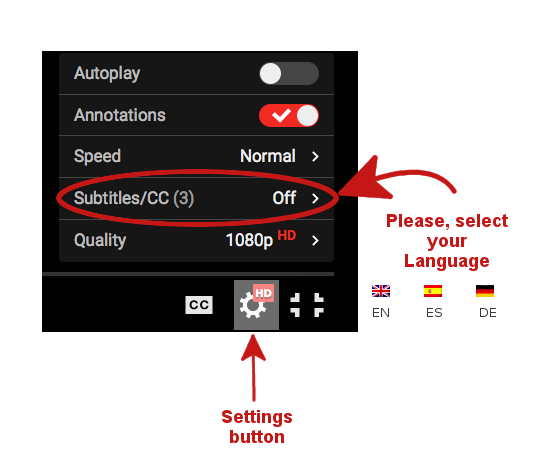M. Giuliani: Study Op. 51 No. 7
Mauro Giuseppe Sergio Pantaleo Giuliani (27 July 1781 – 8 May 1829) was an Italian guitarist, cellist, singer, and composer.
Although born in Bisceglie, Giuliani’s center of study was in Barletta where he moved with his brother Nicola in the first years of his life.
His first instrumental training was on the cello—an instrument which he never completely abandoned—and he probably also studied the violin. Subsequently, he devoted himself to the guitar, becoming a very skilled performer on it in a short time.
By the summer of 1806, fresh from his studies of counterpoint, cello and guitar in Italy, he had moved to Vienna where he became acquainted with the classical instrumental style.
In 1807 Giuliani began to publish compositions in the classical style. His concert tours took him all over Europe. Everywhere he went he was acclaimed for his virtuosity and musical taste.
Giuliani defined a new role for the guitar in the context of European music. He was acquainted with the highest figures of Austrian society and with notable composers such as Rossini and Beethoven, and cooperated with the best active concert musicians in Vienna.
In 1815 he appeared with Johann Nepomuk Hummel (followed later by Ignaz Moscheles), the violinist Joseph Mayseder and the cellist Joseph Merk, in a series of chamber concerts in the botanical gardens of Schönbrunn Palace, concerts that were called the “Dukaten Concerte”, after the price of the ticket, which was a ducat. This exposure gave Giuliani prominence in the musical environment of the city. Also in 1815, he was the official concert artist for the celebrations of the Congress in Vienna.
In 1819 Giuliani left Vienna, mainly for financial reasons: he expected to make financial profit on a concert tour through Bohemia and Bavaria. He returned to Italy, spending time in Trieste and Venice, and finally settled in Rome.
In July 1823 he began a series of frequent trips to Naples to be with his father, who was seriously ill. In the Bourbon city of Naples Giuliani would find a better reception to his guitar artistry, and there he was able to publish other works for guitar with local publishers.
In 1826 he performed in Portici before Francesco I and the Bourbon court. In this time, which we could call Giuliani’s Neapolitan period, he appeared frequently in duo concert with his daughter Emilia, who had become a skilled performer on the guitar. Toward the end of 1827 the health of the musician began to fail; he died in Naples on 8 May 1829. The news of his death created a great stir in the Neapolitan musical environment.
Christian Saggese plays and comments exclusively for Guitar TV World on the Study Op. 50 No. 17 of this great composer.
Source: Wikipedia (Giuliani)
Original language: Italian
Translations into English and
other languages will be added as soon as possible


